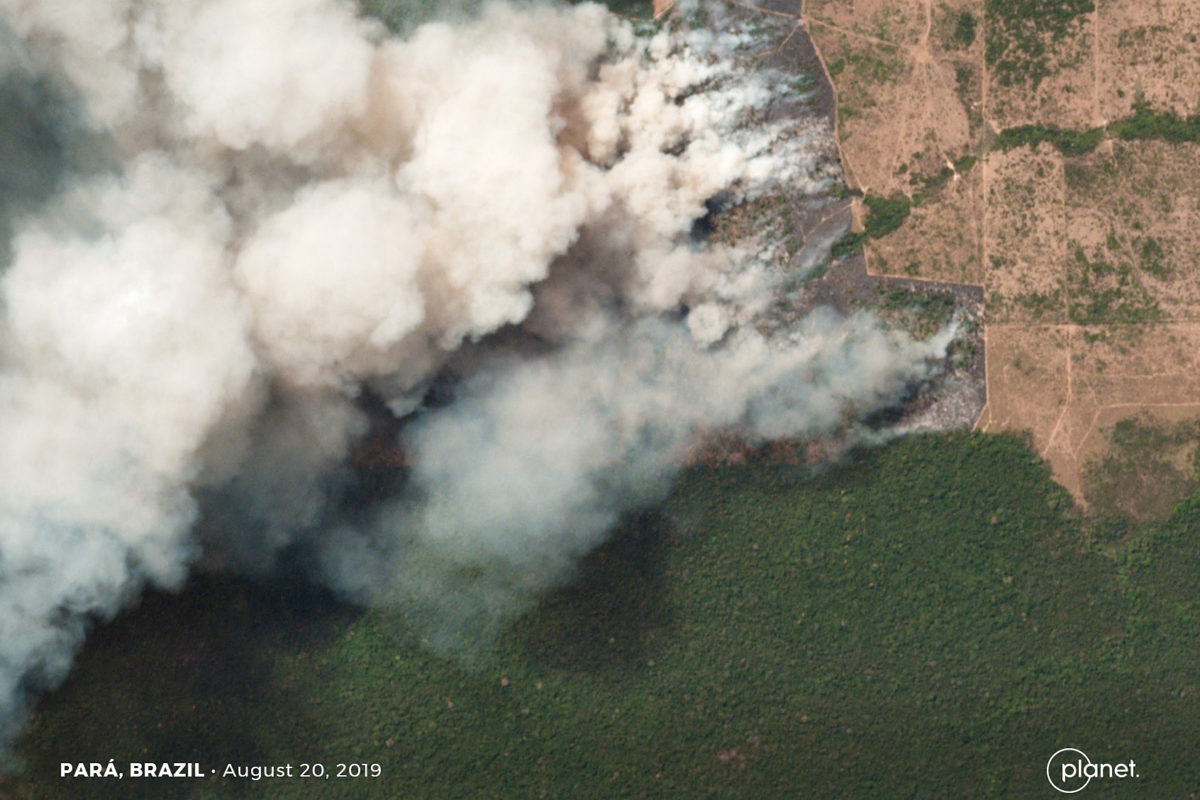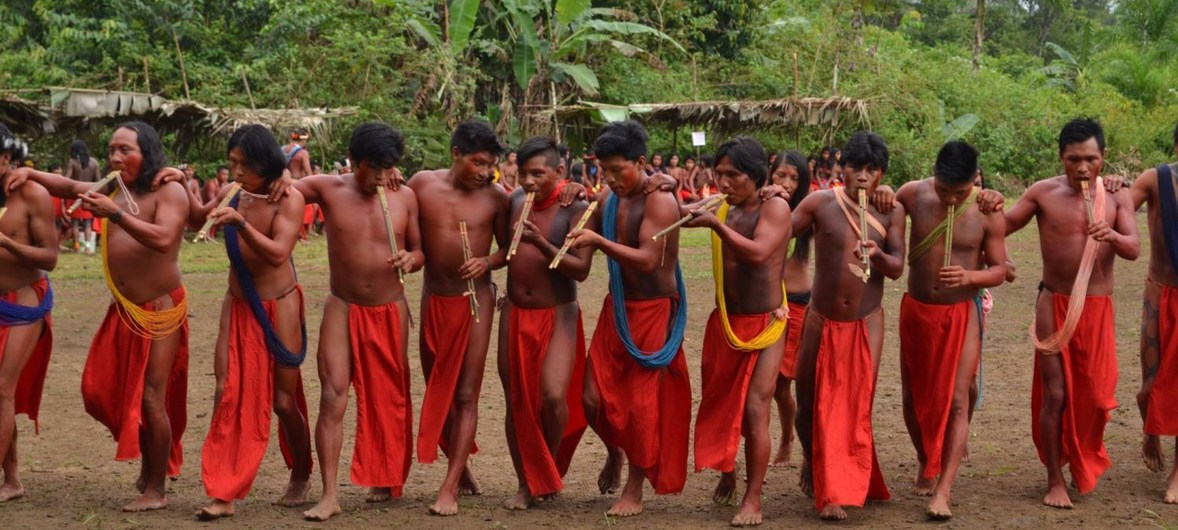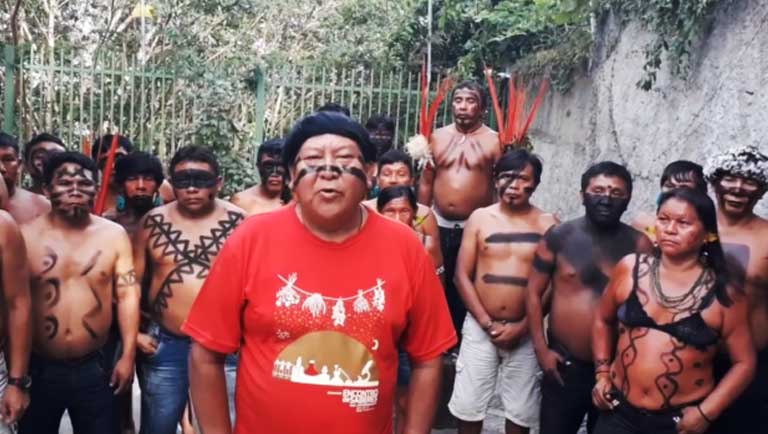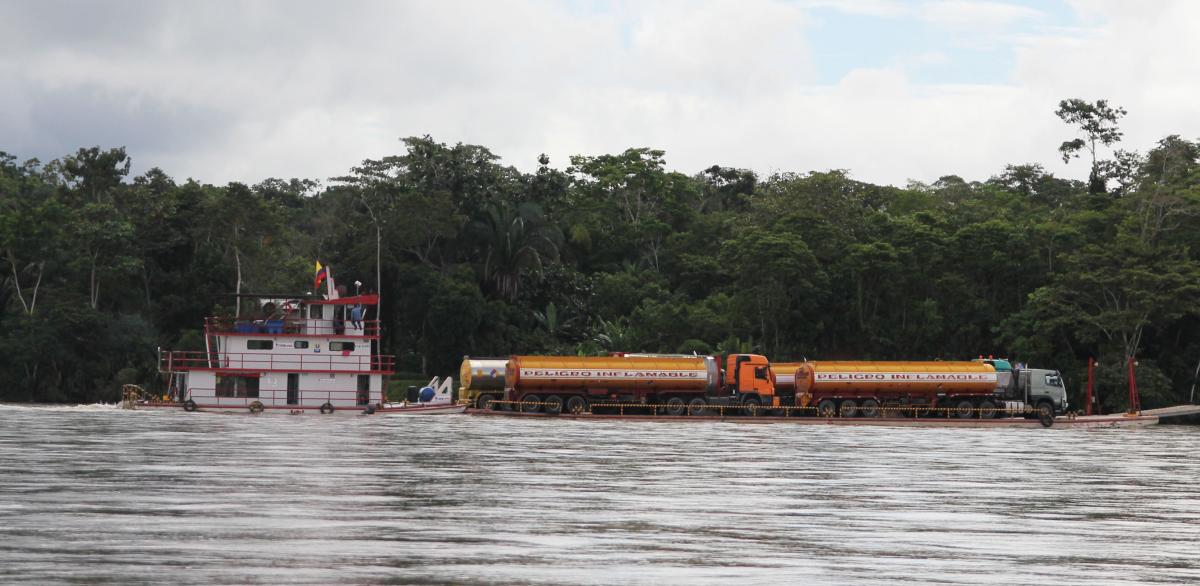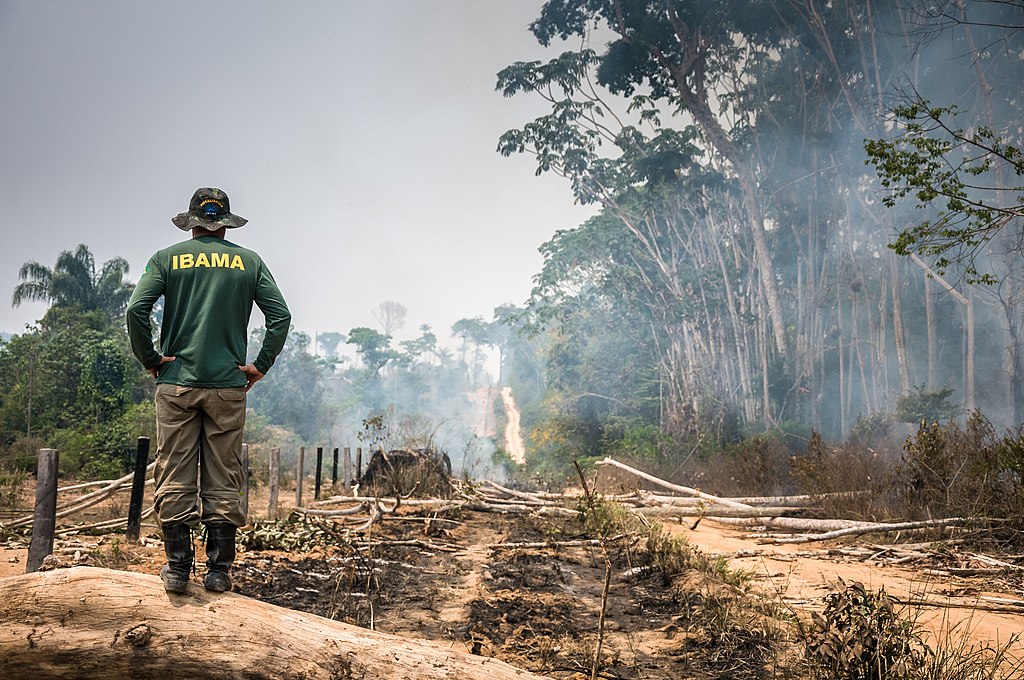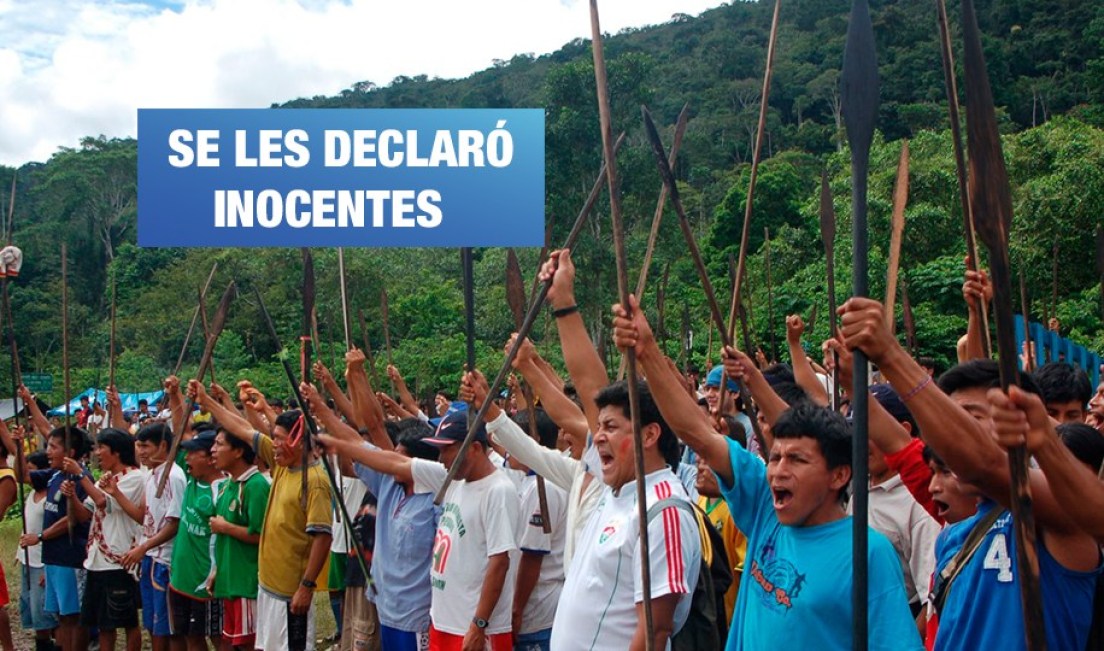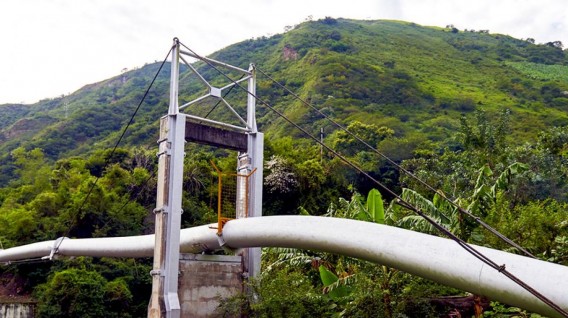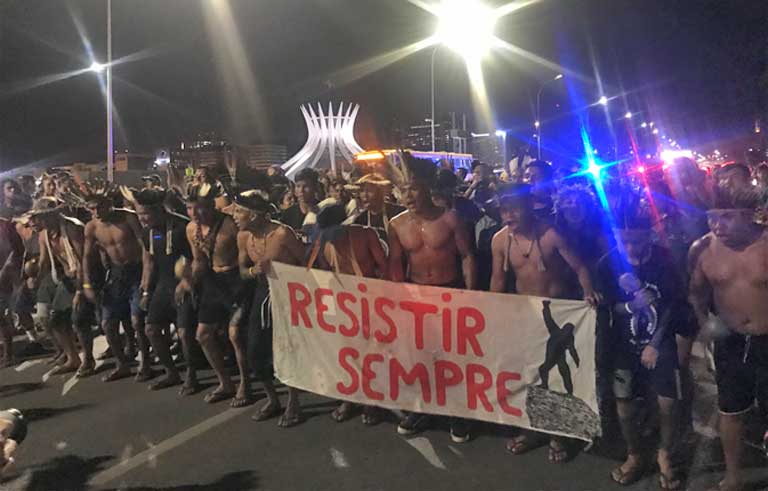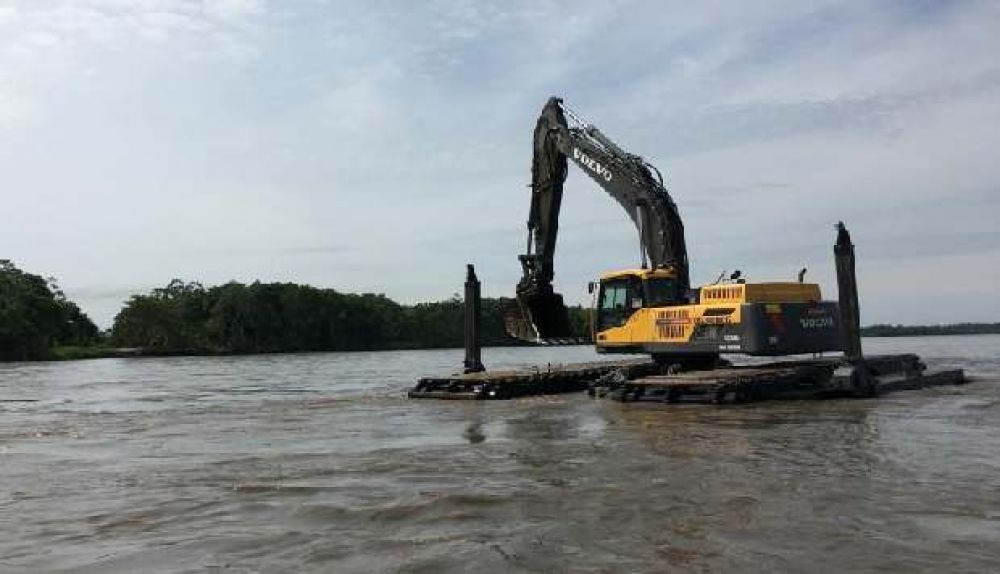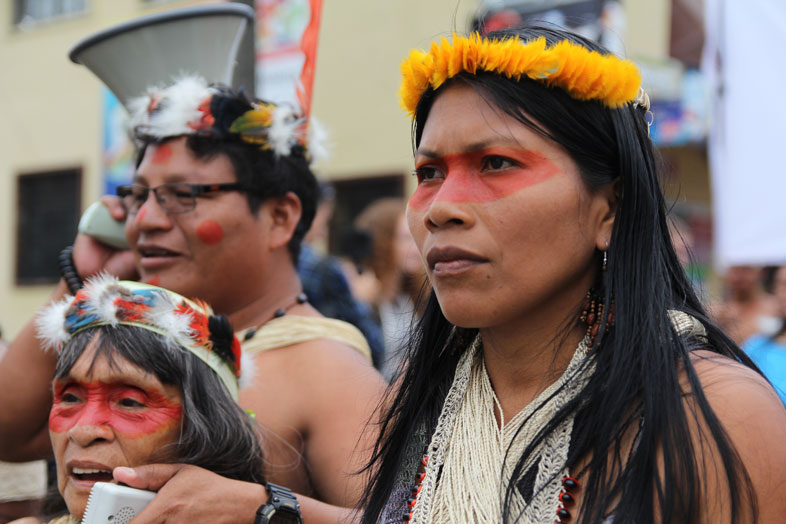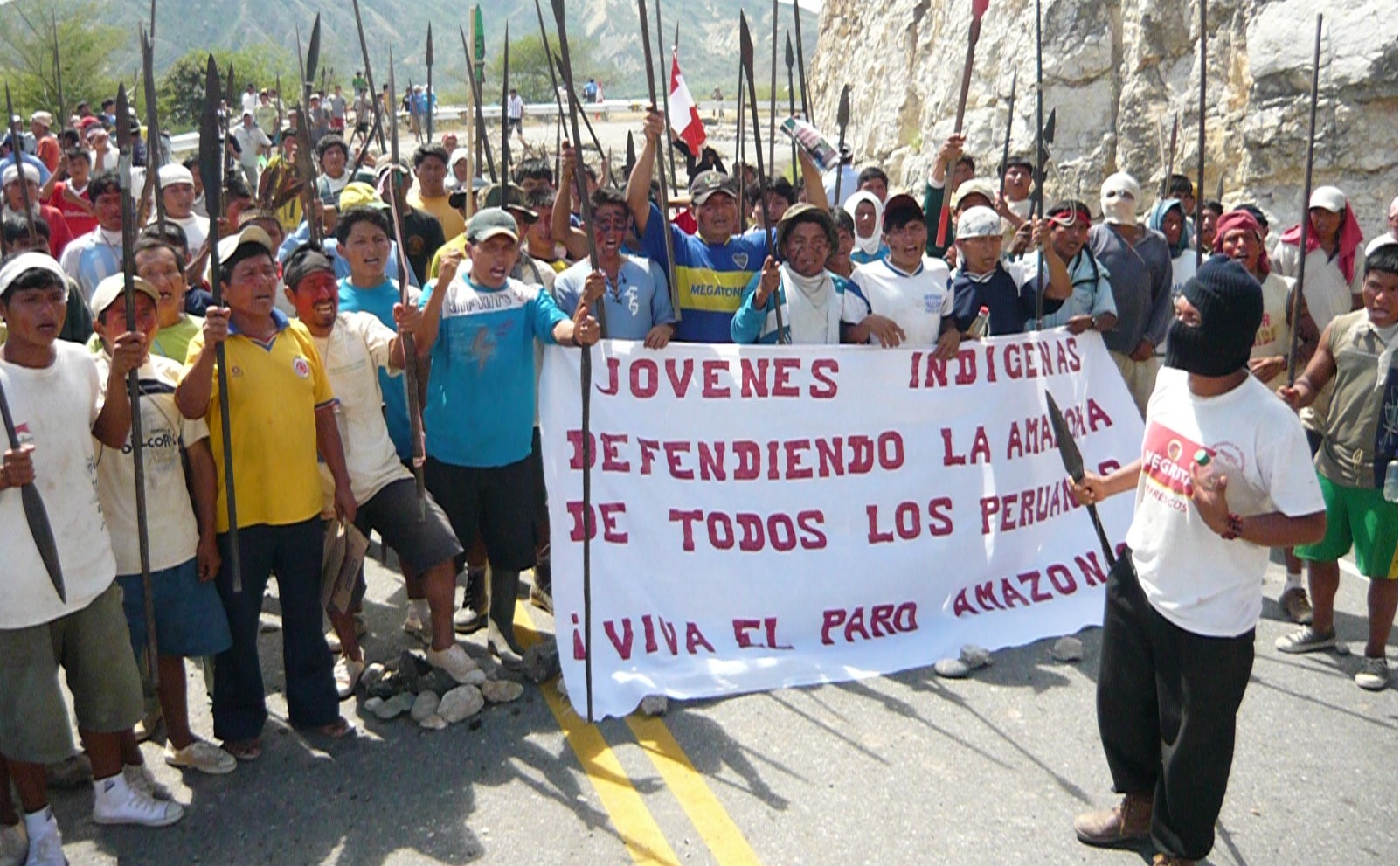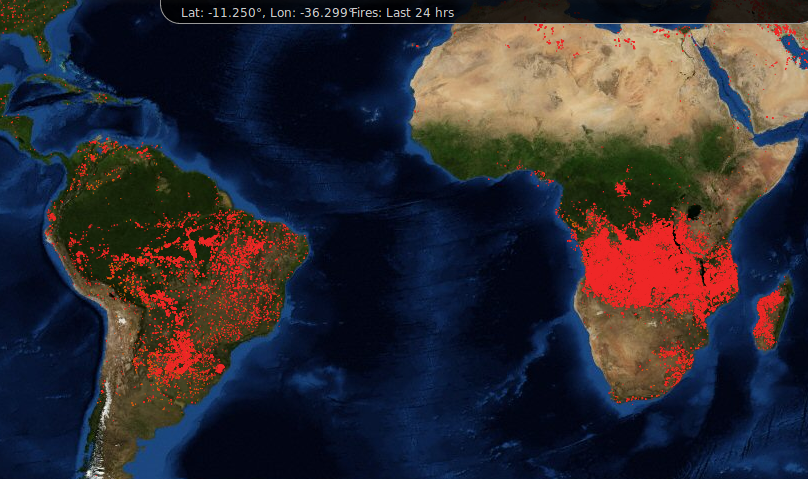
Central African forests burning faster than Amazon
Central Africa’s rainforests are currently being consumed by a vast system of forest fires dwarfing even those that are ravaging the Amazon. Hundreds of thousands of hectares have been engulfed by flames over the past weeks—to comparatively little notice in the world media. French newspaper La Voix du Nord states, “In Angola, the Congo, the Democratic Republic of Congo, Tanzania and Zambia, thousands of fires consume phenomenal amounts of vegetation.” Since the beginning of 2019, it is the DRC that has recorded the most fires, far ahead of Brazil. NASA attributes the fires to “widespread agricultural burning,” as farmers employ slash-and-burn methods to clear land for crops. (Photo: FIRMS)



